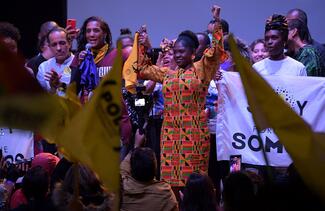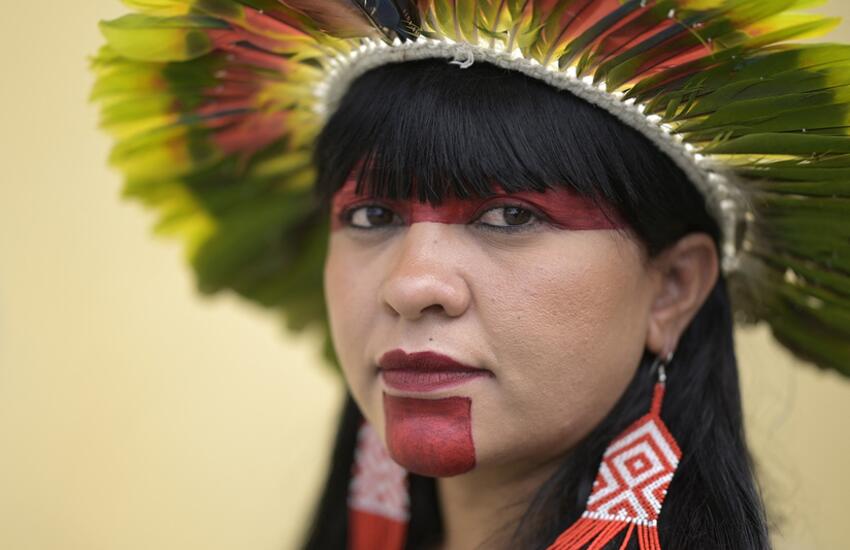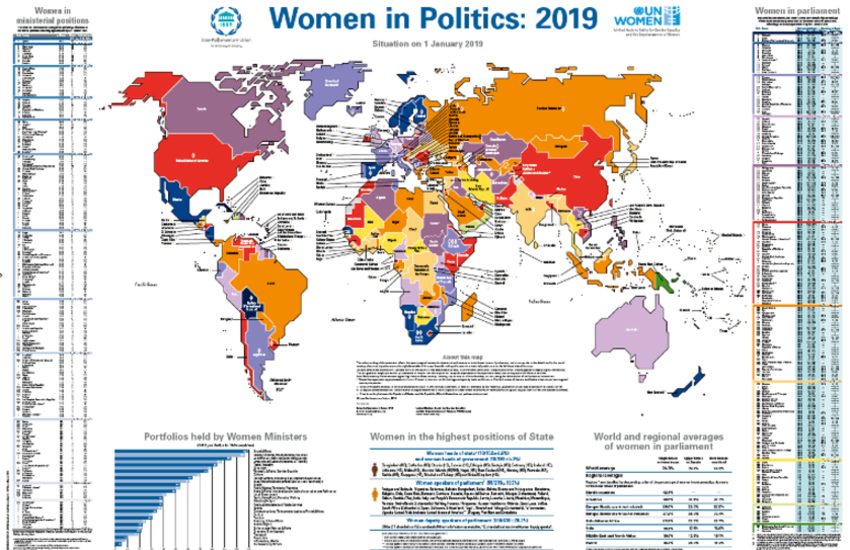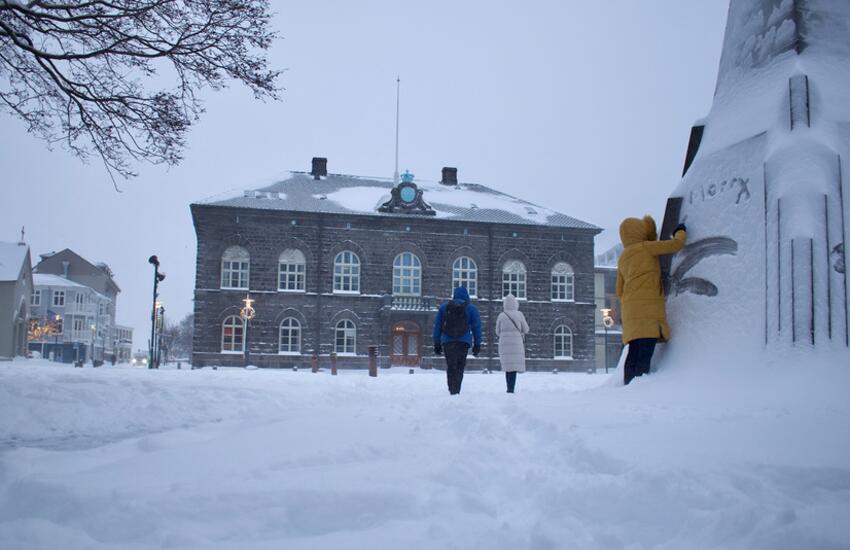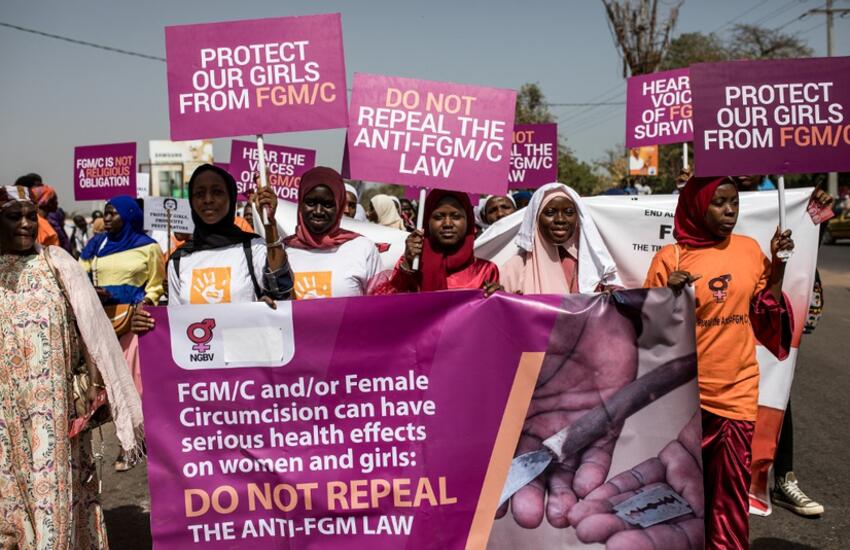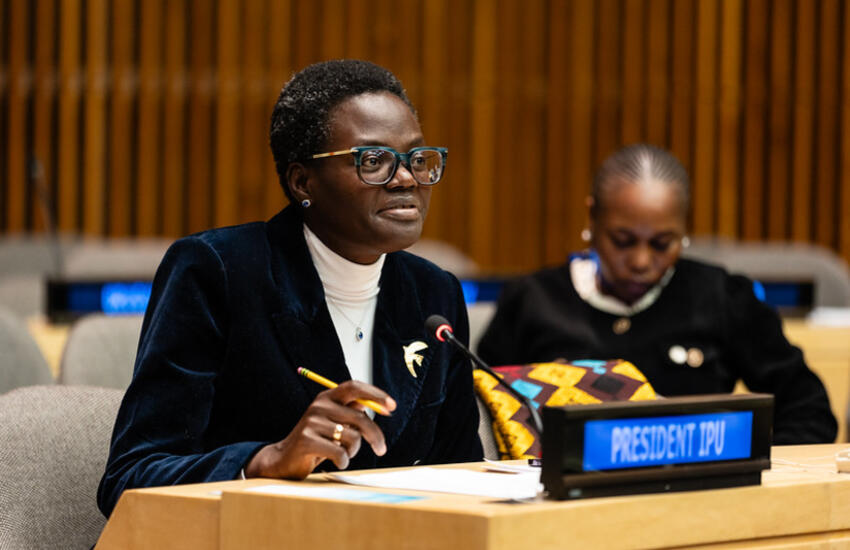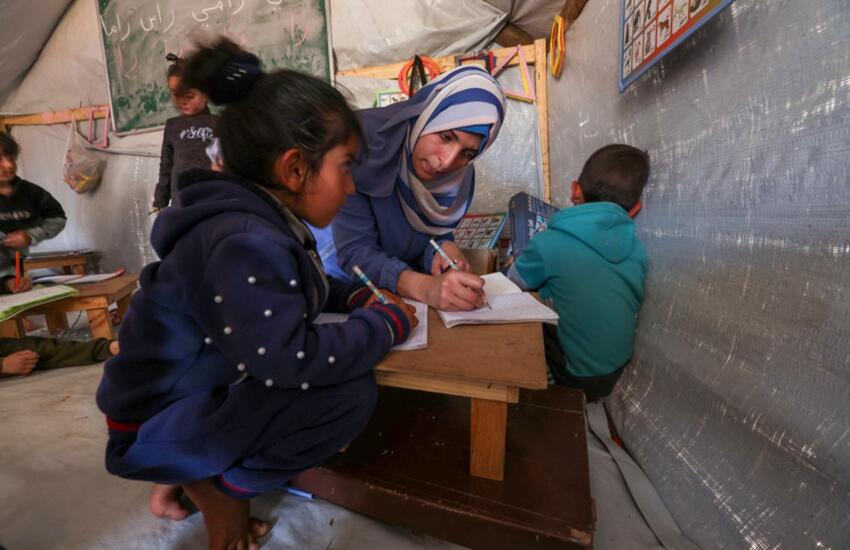Elections in Colombia saw a political shift in 2022, and the greatest gains in terms of women’s representation in the Americas. The new government includes Francia Márquez, the country’s first Afro-Colombian vice-president and only the second woman to hold this position. Women now hold 29.6% of the seats in the upper house (+8.3 percentage points) and 28.9% in the lower house (+10.2 percentage points). This jump in women’s representation in both chambers was reflected in the country’s Indigenous and Afro-descendant constituencies, and brings Colombia in line with the South American subregional average of 28.9%. The increase can be attributed to several factors. Some 1,112 women were registered as candidates and women’s candidacies exceeded 40% of the total (6 percentage points more than in 2018). A feminist party also contested the 2022 elections for the very first time. Known as Estamos Listos (“We Are Ready”), it received over 100,000 votes and raised awareness despite limited campaign resources.
Despite these positive gains, similar rates of success did not translate to women in conflict-affected zones. Only three women won seats in the Special Transitory Constituencies for Peace (CITREP) – constituencies in territories that were marginalized during five decades of civil war and have been granted 16 extra parliamentary seats as part of the 2016 peace agreement. Although the goal of these special constituencies is to advance more inclusive representation in politics, and even though gender-parity lists were used, the outcome for women in these conflict-affected constituencies was well below national average. Women, who were disproportionately affected by the conflict, currently hold 18% of these seats, well below their overall share of 28.9% in the lower house. Although preferential voting was used, women were mostly listed in second place on candidate lists, creating a symbolic chilling effect. These CITREP seats will exist for the next two presidential terms (2022–2026 and 2026–2030), offering yet unrealized potential for women’s participation.
Successful results for women in parliament came on the heels of a groundswell of public awareness and advocacy around feminist issues. In 2018 and 2019, several large protests took place against femicide, gender-based violence and discrimination. Gender policy was a key issue for all leading candidates in the 2022 presidential election, with a broad range of gender platforms presented. Proposed legislation to regulate violence against women in politics (VAWP) advanced in 2022. Reports suggest that VAWP was influenced by intersectional issues including women candidates’ class, ethnicity, and support for social and environmental rights.





